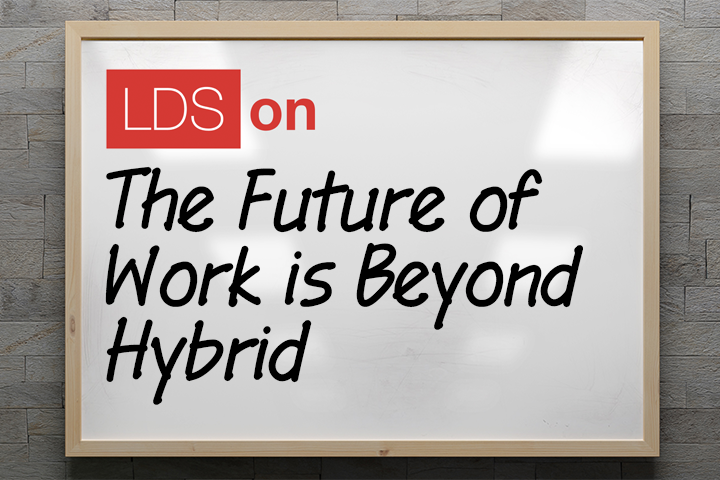2 min read
Beyond Technology: Crafting a Human-Centric Future in the Wake of Contemporary Business Challenges
Three major business challenges exist today. These are ensuring the benefits of human development are equitably realized, managing the externalities...

.png)
.png)
